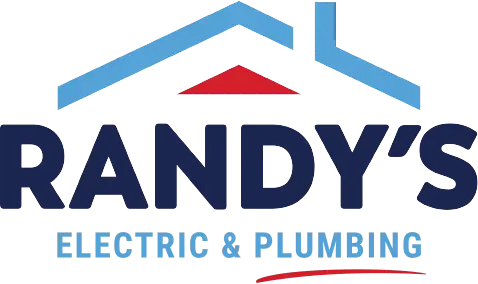If you want to charge your EV efficiently, save money and avoid waiting at public charging stations, it makes sense to install an EV home charging station, as most EV owners do. It is a cost-effective, straightforward process that your trusted Minneapolis-St. Paul electrician can carry out.

Once you have taken the plunge and acquired an electric vehicle, you face the challenge of charging it to cater to your millage needs. EVs are like giant smartphones on wheels, so they require plugging in often enough to prevent battery depletion and to ensure sufficient millage to get you to where you want to go. Building out EV charging infrastructures for access to be on an equal footing with traditional gas stations will take time and investment. Yet, it is not just a matter of how many public charging stations are available but also whether they work or not. You may meticulously map out the charging stations along your desired route, but, as recent EV driver surveys show, that is no guarantee you will be able to charge your vehicle. Too often, public charging stations are plagued by difficulties with payment, damaged chargers, faulty electronics, and flaky internet or cell phone coverage. You don't want to find yourself mid-journey, battery critical, with no functioning charging options in range. Remember, an EV's battery range calculations depend on multiple variables like road topography, speed, weather, and the battery itself, so its readings are far from precise. So why put yourself through unnecessary anxiety and trouble when you can easily install your own EV home charger and recharge your vehicle conveniently at lower rates? If you want to get the most out of your EV's cost-saving potential, particularly given rising energy rates and inflation, and avoid having to call the tow truck mid-trip, installing a home EV charging station is a wise move. EV chargers are categorized by Levels according to how fast they charge; the higher the level, the faster the charger delivers miles to your vehicle's battery.
Most EVs come with Level 1 chargers that plug into a regular 120 V home outlet. The downside is that they are extremely slow, adding only four to six miles of range per hour, so it takes days to recharge a fully depleted battery. A Level 1 charger may do if you are prepared to pay for faster public chargers elsewhere and don't use your vehicle much but over-relying on public charging stations will double your costs and rob you of your valuable time. Even if you decide to stick with a Level 1 charger, we recommend you have a qualified electrician check your outlet wiring and panel. If necessary, an outlet can be placed in a more convenient place nearer your vehicle. It is dangerous to use an extension lead, as extra length can lead to wiring overheating.
A Level 2 EV home charging station supports 240 V and will likely bring you the most all-around gains. They charge up to six to eight times faster than a Level 1 charging station, adding significantly more range millage per hour. This means you can fully charge your car overnight - a game changer for convenience and costs. You will save money and quickly offset the relatively inexpensive installation costs by not needing to depend on public stations where rates almost double your home charging rates. Also, Level 2 chargers are the most common public charging station, so you can quickly top up while parked. Level 2 chargers operate on regular AC, fit residential panels, and are conveniently wall-mounted in your drive or garage. For safety reasons, a qualified electrician should carry out the installation as these EV home chargers require wiring checks and dedicated outlets and circuit breakers. A Minneapolis electrician can advise you on the best model for your EV, location, and range needs; for example, you can install a Level 2 smart charger that charges your car when utility rates are lowest, bringing additional savings on your electric bill.
Level 3 chargers or DC Fast Chargers are currently the fastest available chargers. These run off direct current, so they are significantly more expensive to use and prohibitively expensive to install. They also require a different connector pin on the vehicle, which can involve compatibility issues. Level 3 chargers are likely overkill for most EV owners, considering most Americans drive less than 35 miles per day. Bolstered by increased consumer adoption, government buy-in for increased EV sales, and plans to expand existing charging infrastructure, EV manufacturers are working to improve the technology. Efforts are focused on enhanced battery storage and power capabilities with talk of the ‘million-mile’ batteries. Exciting developments in bidirectional chargers could mean that surplus EV battery power stored in your vehicle may power your home one day! These advances will go a long way in allaying fears of costly battery replacement and will reduce EV driver range anxiety. A Level 2 EV home charging station is the most cost-effective option to meet most EV drivers' needs. Installing one will let you take full advantage of the many efficiency gains of owning an EV, all while enjoying the convenience of waking up to a full-range battery.
At Randy's Electric, we're proud to have served the Minneapolis Metro area since 2002. We've established trust in our community by providing spectacular service, phenomenal customer care, and upfront, affordable pricing. We treat our customers' homes with the respect we'd give our own homes, and when we take on a project, we do it right the first time. Whether you need home wiring, home safety services, or electrical services, Randy Electric has got you covered. Visit us online to learn what we're all about and give us a call at (612) 470-0914 when you're ready to schedule service.


